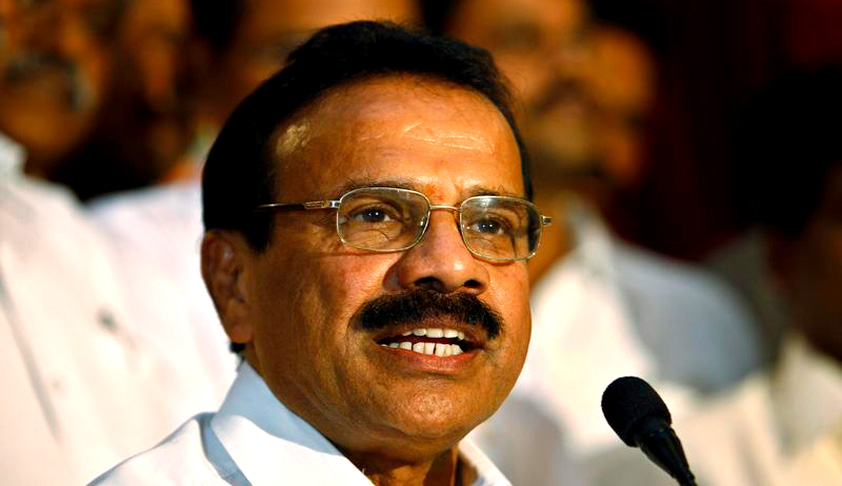Judiciary’s delay in case disposal fetching public sympathy for convicts, says Law Minister Gowda
LIVELAW NEWS NETWORK
15 Aug 2015 8:37 PM IST

Next Story
15 Aug 2015 8:37 PM IST
By the time courts hand down punishment, public tend to forget the goriness of the crime a person has committed, he says.Law Minister D V Sadananda Gowda while speaking at the Independence Day celebration at the Supreme Court premises on Saturday said delay in disposal of cases and deciding the punishment was leading to public sympathy and support for persons who have committed...
